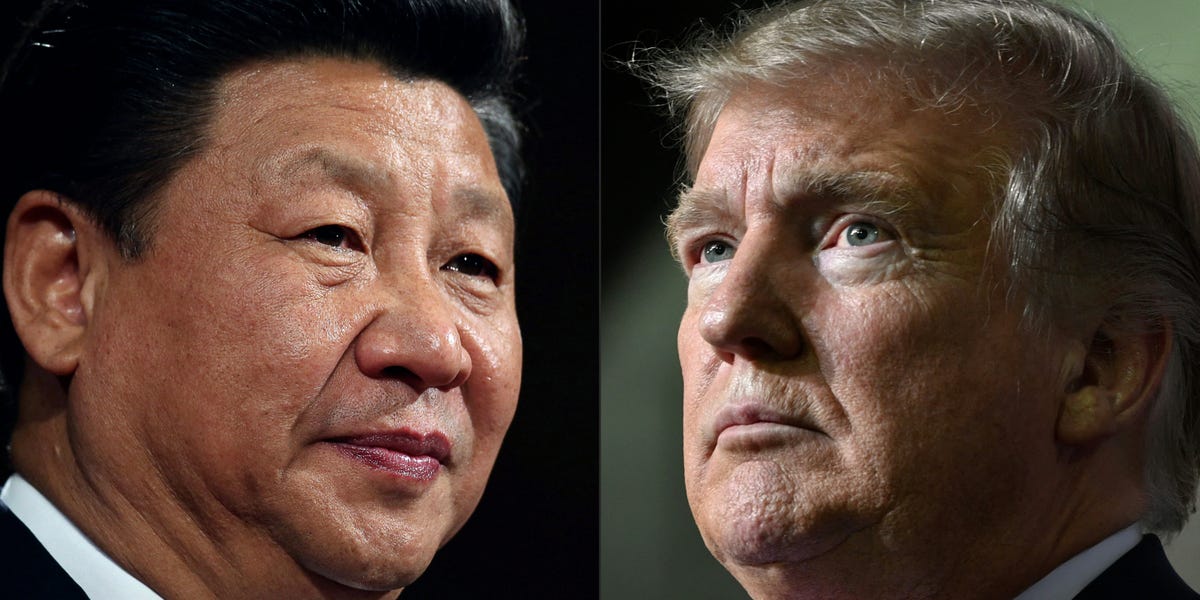Trade Tensions Unraveled: Trump's China Deal Hangs in the Balance

In a promising development for global trade relations, President Donald Trump expressed optimism about resolving the ongoing trade tensions with China. Speaking to reporters on Thursday, Trump predicted that a breakthrough agreement could be reached within the next three to four weeks, signaling potential relief for businesses and markets anxiously watching the prolonged economic standoff.
The president's confident statement suggests that intense negotiations between the United States and China may be approaching a critical turning point. His remarks hint at progress in addressing the complex trade disputes that have significantly impacted international commerce and economic stability.
While specific details of the potential agreement remain unclear, Trump's comments offer a glimmer of hope for a de-escalation of the trade war that has created uncertainty for global markets and businesses in both countries. Investors and economic analysts will be closely monitoring the developments in the coming weeks.
